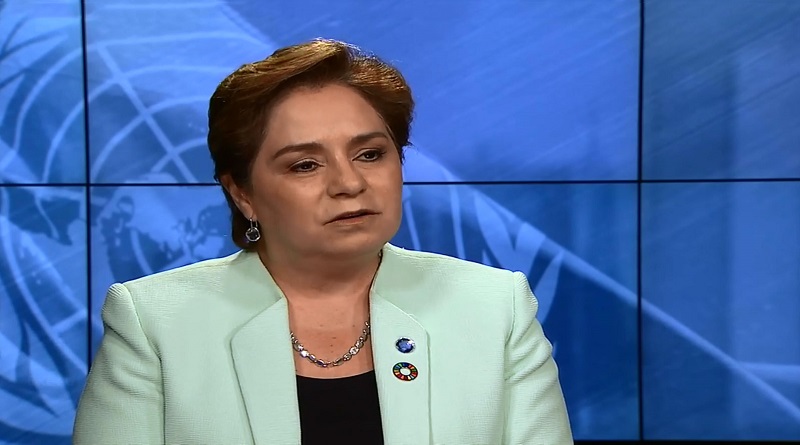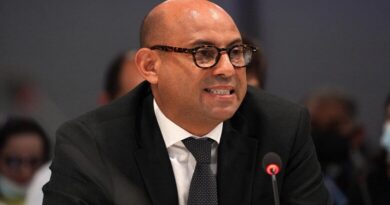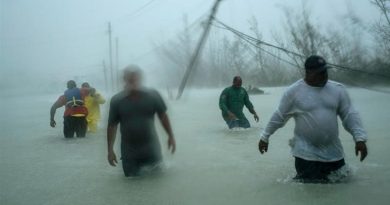Paris Agreement: Patricia Espinosa reiterates call for bold, courageous climate leadership
The Executive Secretary, United Nations Framework Convention on Climate Change (UNFCCC) Patricia Espinosa, on Thursday 5 August 2021, in a keynote address to students at the Harvard Kennedy School reiterated her call for “bold and courageous climate leadership” to achieve the goals of the Paris Agreement.
In a keynote address today to students at the Harvard Kennedy School, UN Climate Change Executive Secretary Patricia Espinosa reiterated her call for “bold and courageous climate leadership” to achieve the goals of the Paris Agreement.
Ahead of the crucial UN Climate Change Conference COP26 in November in Glasgow, which she called “a credibility test for global efforts to address climate change,” she urged governments to show leadership now through ambitious national climate action plans (NDCs) outlining commitments for the next five years.
The UN Climate Chief stressed the importance of urgent and decisive action ahead of COP26 in the face of rising extreme weather events globally and the imminent publication of the IPCC’s next major climate change report, which is likely to issue further stark warnings on the state of the climate:
“Leaders must respond or risk missing our long-term goal under the Paris Agreement to limit global temperatures to 1.5C,” she said.
While pointing to some positive developments this year, including the submission of stronger NDCs from some nations; the global uptake of renewable energy; and the commitment by large companies and businesses throughout the world to operate more sustainably, she underlined the need for no less than ‘systemic change.”
While history has shown us that this often take decades, even centuries, she stressed that “We have, at best, one decade,” and urged her international audience to contact their respective government representatives to get them to submit ambitious climate plans.
Highlighting finance as crucial for progress, she cited the pledge by developed nations to mobilize $100 billion to developing nations by 2020 and underlined the need for 50% of climate finance to be allocated to adapting and building resilience to climate change.
With COP26 now less than three months away, Ms. Espinosa stated that “it’s time to compromise,” adding: “Inaction is the result of an inability to make difficult decisions. The problem is that failing to decide may end up being the same as deciding to fail.”
Ms. Espinosa called on her audience to use their positions of leadership and influence to place issues related to sustainability and resilience at the heart of their work, both to avoid the worst impacts of climate change and to capture the vast opportunities that come with building a cleaner, greener and healthier future.




